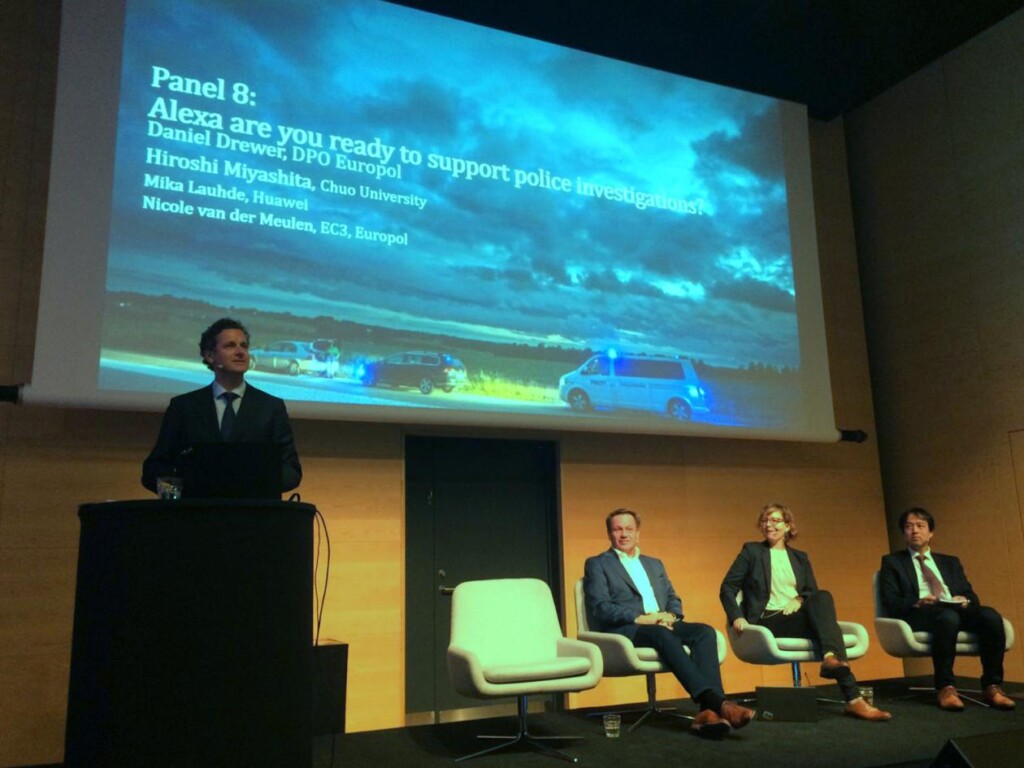
Europol Looks Forward to a Substantial Collaboration with Amazon’s Alexa
- After establishing its work with the U.S. police, Amazon’s AI will probably start helping European units too.
- A Europol conference presentation analyzed the potential of such a collaboration with Alexa.
- The AI could soon be integrated into the police investigation procedures, as well as proactive policing.
During the recent EDEN (Europol Data Protection Experts Network) Conference on Data Protection in Law Enforcement in Copenhagen, Amazon’s AI Alexa was officially put into the picture. 25 speakers analyzed how tools like Alexa can help to support police investigations in front of an audience of 140 members of the Danish National Police, law enforcement experts, academics, and representatives of private entities. The five pillars of the presentations concerned data retention methods, email address-based tracking, data protection considerations, global access to criminal evidence, and predictive policing.
This last element is a field where we see an increasing involvement of AI and specially crafted crime prediction algorithms. The panel analyzed the methods that can be used to deter potential crime while at the same time, respecting people’s fundamental rights. On the data retention, the panel presented the damage that is caused by restricting Police access to citizen communications data on the basis of privacy, and discussed possible ways to get around that. Similarly, EU data protection principles were discussed, as well as how to create a surveillance system that won’t violate the regulation. In addition to this, making criminal evidence globally accessible and allowing the authorities to access data on smart devices was also proposed. Finally, there were talks about the searching for email addresses and other forms of identification or tracking data on the dark web.
Source: europol.europa.eu
Alexa can play a pivotal role in the above, helping investigators not only to access the data they want but to find specific information quickly. Amazon’s AI can quickly locate a person or a device, provide additional evidence such as video feeds or audio recordings, and help the Police determine the innocence of a suspect. In the same way, the Police could receive data from Alexa devices that would be fed into crime prediction systems and generate a warning when there’s a high risk of crime. For example, an intense fight between people near an Amazon Echo could result in a visit by a police unit.
As we’ve seen in August, Amazon has been closely collaborating with the U.S. police since quite a while now, helping them track individuals, get video feeds from Ring doorbell devices, and convince citizens to opt-in the mass surveillance programs. While EDEN’s proposals are just proposals, for now, they are a clear indication of where we’re heading to.
Do you have an opinion on the above? Share your thoughts with us in the comments section down below, or join the discussion on our socials, on Facebook and Twitter.











